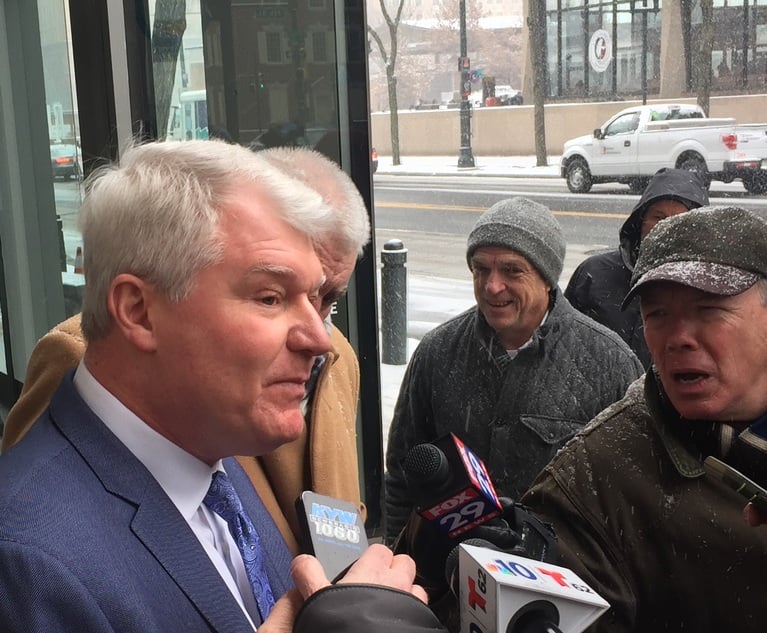On March 16, as we were confronting the reality of a pandemic and its potentially devastating effects, I authored a column for this publication titled “Keep Calm and Carry On: Ethics in a Time of Stress.” The article included some practical advice for counter-acting the effects of the pressures and fears that we would certainly be experiencing in coming months. (Much of this advice was added to and improved on by the Pennsylvania Bar Association’s now widely cited Formal Ethics Opinion 2020-300, “Ethical Obligations for Lawyers Working Remotely.”
At the time I wrote that article, I did not know that the science that could protect us and guide our decisions would be attacked by the very people that should be promoting it, that sensible public health measures that could prevent the spread of disease and save lives would be politicized to divide us and distract us from the greed and corruption in our government, that hospitals would have inadequate supplies to protect either its patients or its heroic staff members, that people who lost their jobs would face indifference instead of relief, that voters rights would be shamelessly trampled, that the inequities of our society would be exacerbated in ways that will take years to alleviate, that prisoners would be left to die, that nonviolent protests against police brutality would be met with—police brutality. My advice in March was wrong—this is not a time to stay calm.


 Ellen C. Brotman of BrotmanLaw.
Ellen C. Brotman of BrotmanLaw.




